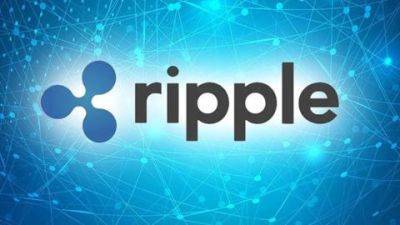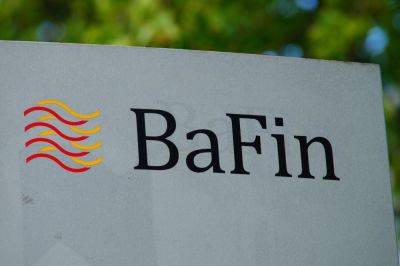Web3 in Africa: Regulatory Challenges Impede Potential Transformation
As Africa‘s Web3 landscape gains momentum, it faces significant regulatory hurdles that threaten to stifle its transformative potential.
Jathin Jagannath, a developer advocate for Cartesi, a Web3 rollup protocol, has pinpointed regulatory uncertainties as a major obstacle in Africa’s Web3 journey.
The absence of clear, well-defined regulations surrounding Web3 technologies creates hesitancy among potential users and investors.
Jagannath said that regulatory ambiguity may result in a reluctance to fully embrace the revolutionary possibilities offered by Web3.
“With regulatory clarity, enhanced digital literacy, and infrastructural upgrades, we will see Africans overcome these obstacles and lean into rapid modernization,” Jagannath said in a recent interview.
Africa indeed represents a fertile ground for Web3 adoption and innovation.
A report by PricewaterhouseCoopers and Emurgo Africa on Web3 in the continent revealed that blockchain funding across Africa surged by a staggering 1,668% in 2022.
Leading the charge in Web3 adoption are countries like Kenya, Nigeria, and South Africa.
However, despite its immense potential, Africa faces challenges in education and knowledge accessibility.
Jagannath pointed out the critical need for improved digital literacy. The developer highlighted that a skilled workforce and user base are paramount for the successful integration of Web3 technologies.
Awosika Israel Ayodeji, program director of Web3bridge, further underscored these challenges in education and knowledge access for African developers.
Ayodeji said that high poverty rates often drive individuals to prioritize trading over comprehensive learning.
To address these issues, Cartesi and Web3bridge have joined forces to launch an eight-week
Read more on cryptonews.com


















